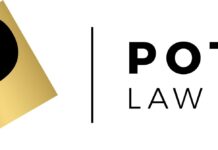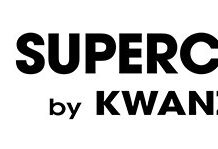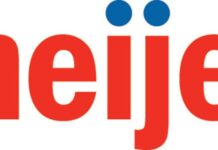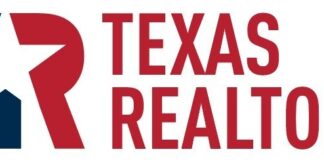LITTLE ROCK, Arkansas , Aug. 12, 2025 /PRNewswire-HISPANIC PR WIRE/ — In recognition International Day of the World’s Indigenous Peoples, Heifer International calls for urgent action to recognize and elevate Indigenous leadership as essential to transforming food systems and confronting the climate crisis.

As part of Heifer International’s global campaign “In Farmers’ Hands,” we celebrate the leadership of Indigenous communities in building resilient, just, and sustainable food systems. The campaign affirms a simple yet powerful truth: the future of our food, climate, and planet is in the hands of those who grow it.
Heifer International joins the global call to fully implement the United Nations Declaration on the Rights of Indigenous Peoples (UNDRIP) and urges governments, donors, and international agencies to:
- Structurally integrate Indigenous leadership into food and climate governance.
- Protect access to land, seeds, and water.
- Channel funding directly to Indigenous-led initiatives.
- Incorporate ancestral knowledge into education, climate, and food policies.
As food insecurity deepens, climate extremes intensify, and the cost-of-living pressures continue to mount, Indigenous knowledge offers time-tested pathways forward: regenerative farming, circular economies, biodiversity stewardship, and a harmonious relationship with the Earth.
“For us, food is not just energy or something that fills the stomach. It is identity, resistance, and love for nature. Growing food in harmony with the Earth is an act of hope and a celebration of life,” said Josseline Veronica Vega Rojas, an Indigenous woman leader from Ecuador and advocate for sustainable agriculture.
Indigenous leadership is also shifting traditional power dynamics within their communities.
“In the past, women weren’t allowed. Now we know we can move forward. Thanks to Heifer and the support they give us, we’ve learned that here too, we can work with dignity,” said Marta Choc, President of the Cattle Ranchers Association, Alta Verapaz, Guatemala.
Though smallholder farmers—many of them Indigenous—produce around one-third of the world’s food, they remain largely excluded from the political and economic systems that determine what is produced, how, and for whose benefit.
From Latin America to Asia and Africa, Indigenous communities are growing nutritious, culturally rooted food, reviving native seeds, restoring degraded lands, and safeguarding ancestral wisdom that has resisted centuries of marginalization.
“Indigenous communities are not just preserving the past—they are cultivating the future,” said Surita Sandosham, President and CEO of Heifer International. “If we want to transform food systems and tackle the climate crisis, we must start by honoring their rights, dignity, and leadership. Food sovereignty begins with land, voice, and respect.”
Whit critical global climate talks coming later this year during the COP30 approaches, Heifer International will continue to advocate for climate solutions rooted in agroecology and Indigenous leadership—approaches that have long demonstrated their power to strengthen community resilience and drive sustainable change worldwide.
About Heifer International
Since 1944, Heifer International has worked with more than 52 million people around the world to end hunger and poverty in a sustainable way, while caring for the Earth. Heifer currently operates in 19 countries across Africa, Asia, and the Americas, including the United States, supporting farmers and food producers to strengthen local economies and build secure livelihoods that provide a living income. For more information, visit https://www.heifer.org.
Logo – https://mma.prnewswire.com/media/4930/5456727/HEIFER_INTERNATIONAL_LOGO.jpg
SOURCE Heifer Project International







